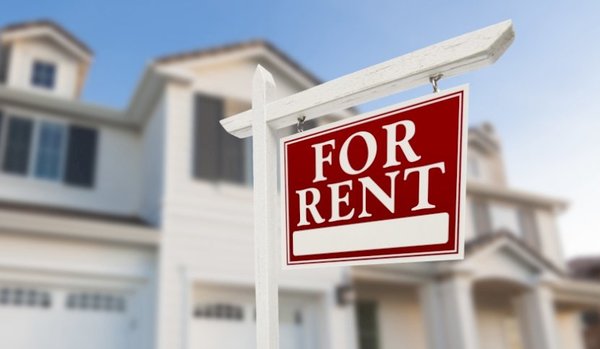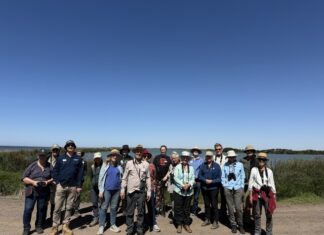Geelong’s rental vacancy rates have plummeted to an all-time low amid an influx of Melburnians moving down the highway.
Vacancy rates hit 1.3 per cent in Geelong in December 2020, the lowest level since 2002 when the Real Estate Institute of Victoria (REIV) began recording them.
The figure is just over half the vacancy rate of 2.2 per cent in December 2019, well below 2.6 per cent in December 2015.
“Anything below that two per cent rate is critical,” REIV president Leah Calnan said.
“It will potentially continue to decrease.”
The Independent recently reported an influx of Melburnian buyers driving Geelong house prices up by 7.7 per cent in the year to December 2020.
The influx occurred amid Melbourne’s greatest net internal migration loss since the Australian Bureau of Statistics began recording that figure in 2001.
The influx resulted in part from Melburnians leaving the city amid COVID-19 and the resulting flexible working arrangements, according to Ms Calnan.
But many moving to Geelong were renting before deciding whether to buy-in permanently, Ms Calnan said yesterday.
“It’s that try-before-you-buy thought process happening in Geelong and the Surf Coast.”
The decrease in vacancies came despite former Airbnb and holiday rentals coming on the market as permanent rentals, Ms Calnan said.
“I think it really shows how quickly those properties were snapped up.”
Geelong rent prices have stagnated amid legislation preventing price rises until March 29, 2021, amid COVID-19.
Geelong and Surf Coast rentals remained level, compared to 20.2 and 12.5 per cent price growth respectively over the past five years.
Only Geelong unit prices increased, by three per cent.
“As of March 29 we go into the new Residential Tenancy Amendment Act, which will allow rent increases but only once a year,” Ms Calnan explained.
“Previously they were allowed every six months.
“We anticipate that rent increases in areas like Geelong and the Surf Coast will begin to take effect by the middle of the year, because you need to allow that 60-day notice period.”
“Those on restricted incomes will be at risk as those rents increase. The emphasis has to be that government looks at additional funding in the social housing space.”









